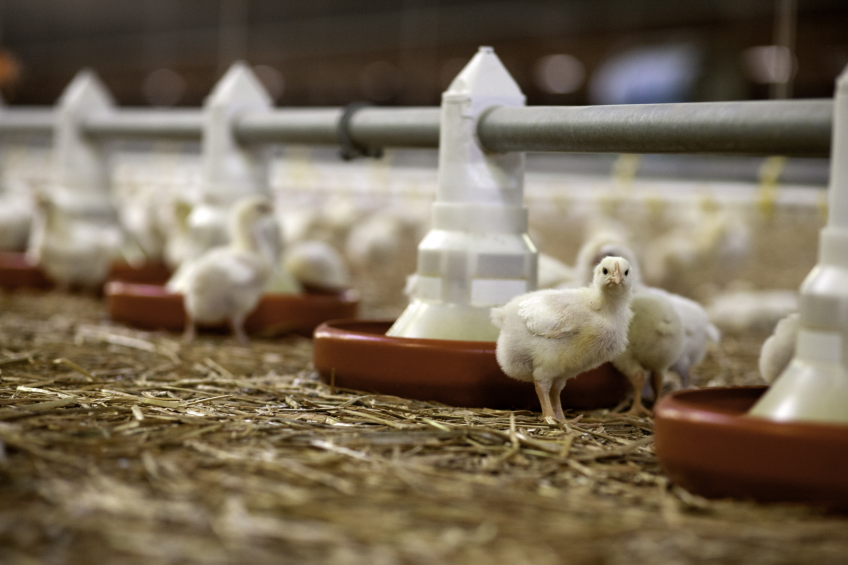£5.7m poultry vaccine project launched in the UK

Cheap and effective vaccines for poultry that will minimise antibiotics in the food chain and reduce infection in humans will be developed in London, England thanks to a £5.7m grant from the Biotechnology and Biological Research Council (BBSRC).
The five-year grant, which has gone to the London School of Hygiene and Tropical Medicine, will enable scientists to work to develop effective, inexpensive vaccines to stop diseases such as salmonella and campylobacter spreading to humans.
New glycoengineering technology
The most successful human vaccines that give long-lasting protective immunity are often glycoconjugates (proteins coupled to sugars).These vaccines are complex and expensive to produce, but researchers at the LSHTM have recently developed new glycoengineering technology that will facilitate the coupling of protein/sugar combinations for a new generation of inexpensive veterinary vaccines.
The funding announcement comes in the week that the government’s Review on Antimicrobial Resistance said global use of antimicrobials in food production at least matched that by humans and that “excessive and inappropriate” deployment was a significant problem.
Multiple advantages
Brendan Wren, professor of microbial pathogenesis at the LSHTM, said: “Developing effective, inexpensive vaccines for livestock has multiple advantages, not just in protecting animals from the disease, but also in reducing infections in humans and antibiotics in the food chain that are often used in rearing livestock.
“The BBSRC-funded proposal on veterinary vaccines will facilitate glycoengineering technology developed at the school to produce glycoconjugate vaccines that will simultaneously protect poultry against clostridia, salmonella and campylobacter, and subsequently reduce the incidence of food poisoning in humans,” he said.
Source: Poultry World












